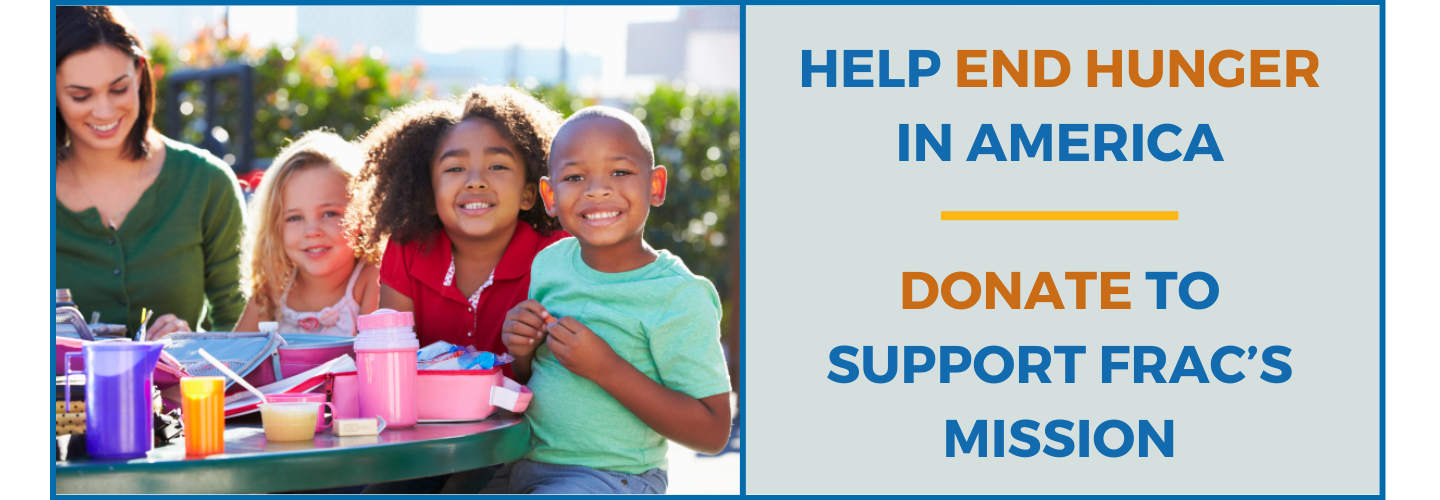Take Action Today
Submit Comments on Proposed Plan to Reorganize USDA
Please join FRAC in urging USDA to maintain or expand their capacity in administering the federal nutrition programs, not reduce it. Comments are due by Sunday, August 31, 2025.
Urge Congress to Protect WIC Funding
Congress must fully fund the Special Supplemental Nutrition Program for Women, Infants, and Children (WIC) for fiscal year 2026, without any benefit cuts. Use the FRAC Action Network to easily send a pre-populated email, or craft your own, to your Members of Congress.
Urge Congress to Reverse Harmful SNAP Cuts
Use the FRAC Action Network (FAN) to send a pre-populated email to your Members of Congress urging them to oppose any Farm Bill that fails to address the recent SNAP cuts and to use every legislative opportunity to restore the cuts to SNAP.
Organizational Sign-On: Urge Congress to Fully Fund WIC
Sign onto this letter urging Members of Congress to support full funding for WIC in any short- or long-term spending package. Congress must continue their 30-year bipartisan commitment to provide full funding to ensure that WIC can serve all eligible families.The letter is for national, state, and local organizations only. The deadline to sign is September 8, 2025.
Organizational Sign-On: Urge Congress to Reverse Harmful SNAP Cuts
Sign and share the Restoring Food Security for American Families and Farmers Act of 2025 letter hosted by FRAC, the Center on Budget and Policy Priorities, and national partners. The sign on letter urges Members of Congress to support legislation to repeal the harmful SNAP cuts from the budget reconciliation law. The deadline to sign is September 17, 2025.
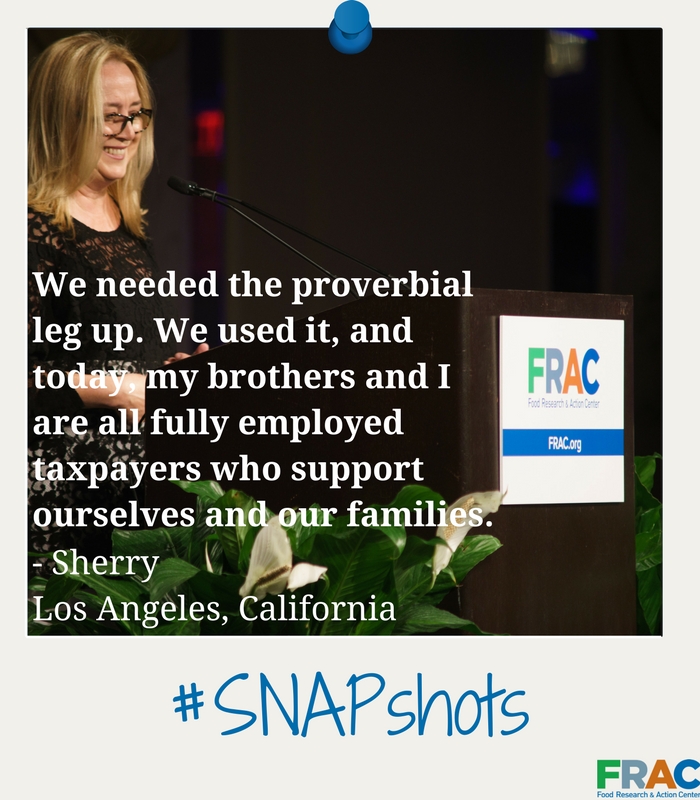
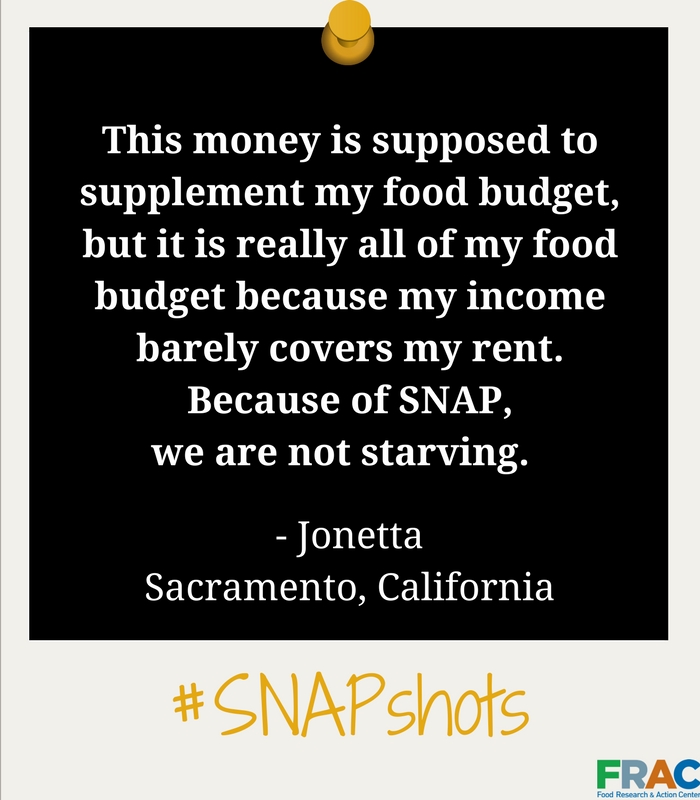
Resources

Summer EBT in Indian Country: A Report on Tribal Success, Barriers, and Best Practices
Learn More
Connecting Families to WIC: A Practical Toolkit for Health Care Providers
Learn More
MODERN WIC Act Fact Sheet
Learn More
Make America Healthy Again Commission: Improve Child Health by Protecting and Strengthening the Federal Nutrition Programs
Learn More
National SNAP Fact Sheet
Learn More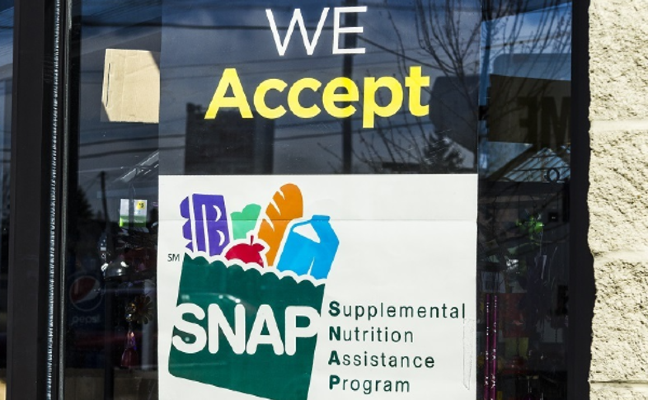
Challenges in Researching the Diets of SNAP Recipients
Learn More
SNAP State-by-State Fact Sheets
Learn More
CEP State-by-State Fact Sheets
Learn More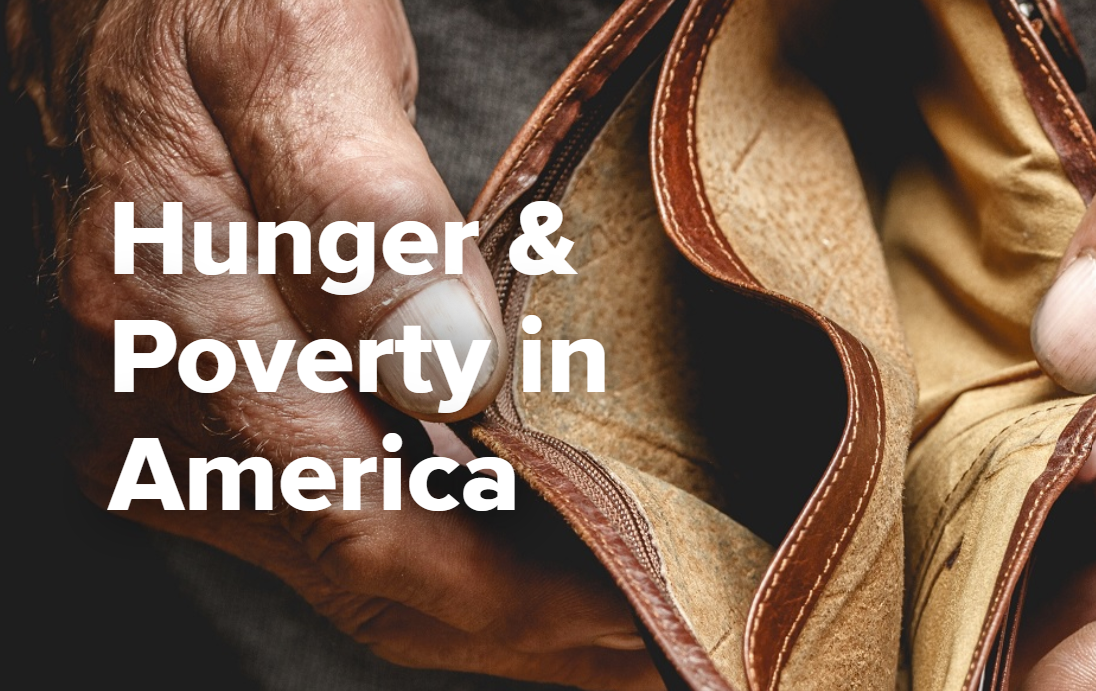
Hunger & Poverty in America
Explore the Data
Summer EBT Resource Center
Learn more
Healthy School Meals for All
Learn More
News
FRAC Chat
On July 4th, President Trump signed the budget reconciliation package, H.R. 1, into law. This law makes sweeping cuts to nutrition and health care support for millions of people to pay for tax cuts for the wealthiest Americans.
The Supplemental Nutrition Assistance Program (SNAP) is one of the most effective tools the U.S. has to reduce hunger and support households with low incomes. Nowhere is this impact more critical than in rural America, where food insecurity, economic stagnation, and limited access to services intersect to create deep vulnerability. Yet, provisions in the recently enacted budget reconciliation law (H.R. 1, also known as OBBBA) — passed by a majority of Republicans in Congress and signed by President Trump on July 4, 2025 — undermine this vital program, hitting rural communities hardest, economically, socially, and physically.
Food insecurity takes a toll on maternal, infant, and child health.
In 2023, 47.4 million people — including 13.8 million children — lived in food-insecure households.
Food insecurity is linked to poor health and development and is associated with some of the most common and costly health problems in the U.S. For adults and pregnant women, its linked to fair or poor health status, pregnancy complications (e.g., gestational diabetes, iron deficiency), and depression (including maternal depression). For infants and children, food insecurity is especially detrimental to health, development, and well-being, with links to low birth weight, birth defects, more frequent colds and stomachaches, development risk, increased hospitalizations, and more.
Recent Publications & Data
See More Resources- Guide
Nine states have already shown the country what’s possible by passing Healthy School Meals for All policies—and now it’s your turn. FRAC’s Healthy School Meals for All State Advocacy Guide, is a comprehensive resource designed to support advocates in launching and advancing campaigns in their own states. Explore key strategies, tools, and lessons learned from successful efforts across the country in this step-by-step guide.
Download the guide - Report
Summer EBT: Strategies for Communications and Outreach, a new case study featuring insights from the Arizona Food Bank Network, Greater Chicago Food Depository, and Hunger Solutions New York, outlines state requirements for Summer EBT outreach and communication and highlights best practices.
Read the case study - Fact Sheet
In Improving Summer EBT for Indian Tribal Organizations, you’ll find recommended program changes, including statutory changes and regulatory changes, that will allow more Tribes to distribute benefits and reduce summertime food insecurity.
Read the report - Report
Created in collaboration by FRAC and the Indigenous Food and Agriculture Initiative, Summer EBT in Indian Country: A Report on Tribal Success, Barriers, and Best Practices serves as an introduction to Summer EBT. Highlighting barriers identified by tribes, this case study also offers lessons learned and best practices from Chickasaw Nation. It underlines the profound positive impact of this program, highlights tribal success, and identifies ways to improve the process for future tribal participation in the program.
Read the report




